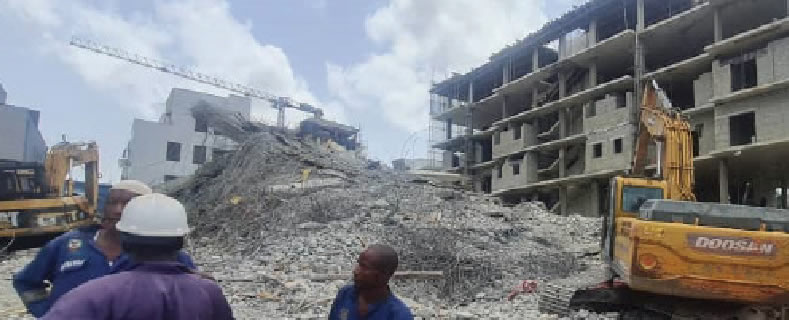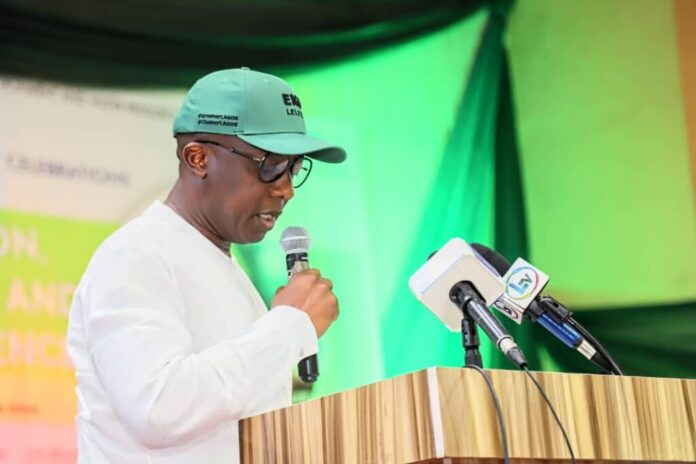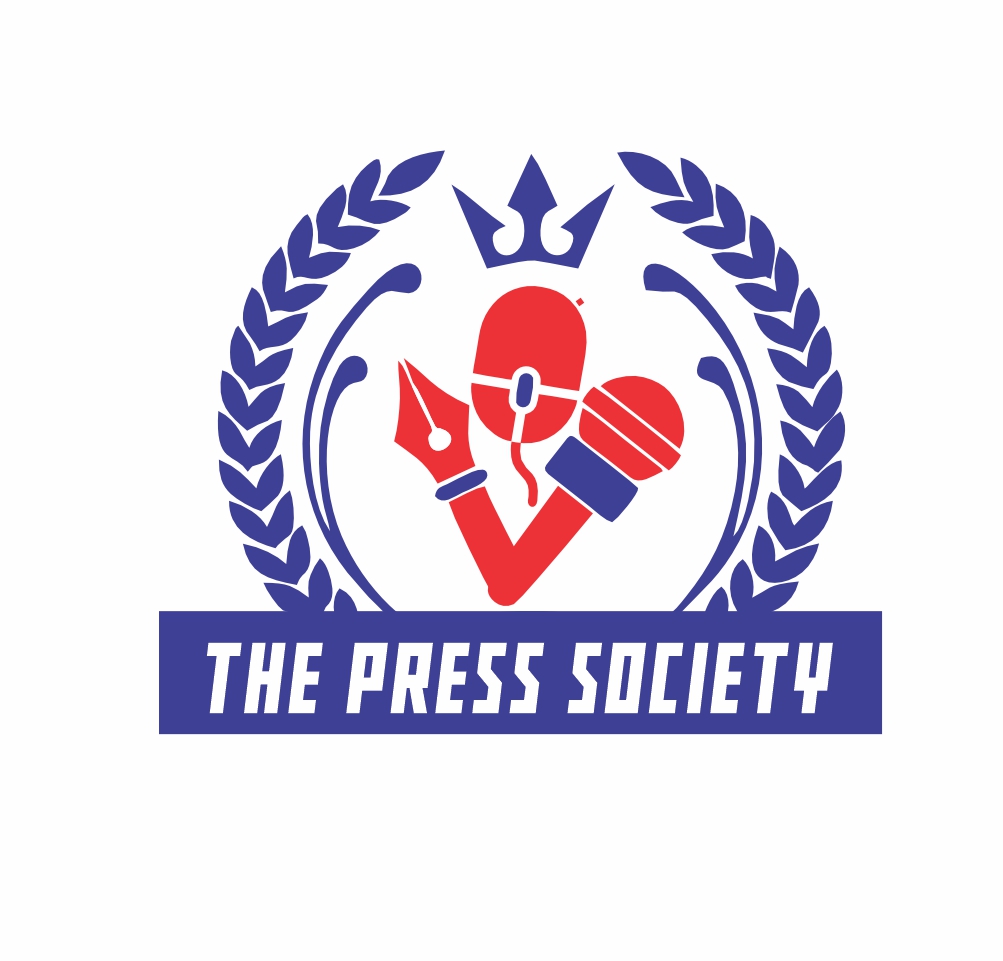 At the Adeyemi Bero Auditorium, the Honourable Commissioner for the Environment, Mr. Tokunbo Wahab, delivered a keynote address for the World Environment Day (WED) celebration. The event, themed “Land Restoration, Desertification, and Drought Resilience,” brought together esteemed guests and advocates of environmental sustainability.
At the Adeyemi Bero Auditorium, the Honourable Commissioner for the Environment, Mr. Tokunbo Wahab, delivered a keynote address for the World Environment Day (WED) celebration. The event, themed “Land Restoration, Desertification, and Drought Resilience,” brought together esteemed guests and advocates of environmental sustainability.
In his speech, Mr. Wahab expressed gratitude to partners and the dedicated staff of the Ministry of Environment and Water Resources for their unwavering support and relentless efforts in promoting sustainable practices.
Highlighting the urgent need for action, Mr. Wahab discussed the critical issues of land degradation, desertification, and drought. These environmental crises, he noted, threaten food security, water availability, biodiversity, and the livelihoods of millions globally.
Approximately 1.9 billion hectares of land are affected by land degradation due to unsustainable agricultural practices, deforestation, and climate change. Desertification impacts over 168 countries, making it a significant global challenge, while frequent and severe droughts exacerbate the impacts of climate change.
Nigeria faces pronounced challenges, particularly in the northern regions where desert encroachment and loss of arable land affect agricultural productivity and water resources. Lagos State, despite its rapid urbanization and growing population, is not immune to these issues.
Mr. Wahab outlined several key strategies initiated by Lagos State to address these challenges:
1. Sustainable Land Management: Promoting sustainable agricultural practices, reforestation, and afforestation projects to restore degraded lands and prevent further desertification. These initiatives enhance soil fertility and productivity and contribute to climate change mitigation.
2. Community Engagement and Education: Conduct outreach programs to educate farmers, local leaders, and citizens on sustainable practices that promote land restoration and drought resilience.
3. Policy and Legislation: Strengthening environmental policies and legislation to prevent land degradation, promote sustainable land use, and support restoration efforts.
4. Partnerships and Collaboration: Fostering partnerships with international organizations, research institutions, civil society, and the private sector to leverage expertise, resources, and innovative solutions.
Mr. Wahab emphasized the importance of collective determination in overcoming these challenges. He urged everyone to take responsibility, commit to sustainable practices, support restoration initiatives, and advocate for policies that protect the environment.
In conclusion, Mr. Wahab called for united efforts to shape a sustainable and prosperous future, emphasizing that the actions taken today will make a profound difference.





